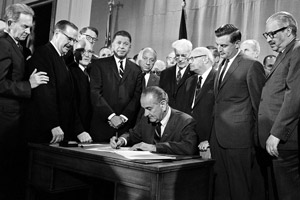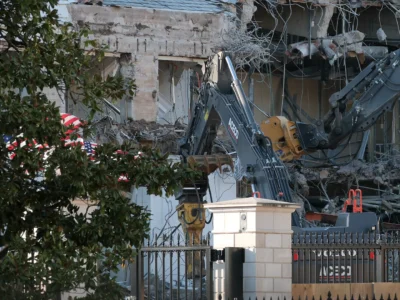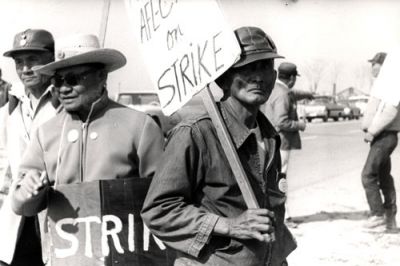What is the Price of Equality?
Do Local Land Use Regulations Violate the Fair Housing Act?

One of the great things about studying land use is that it comprises so much of modern life. That creates some disciplinary problems: one UCLAW colleague who shall remain nameless (but comes from Pennsylvania) told me several years ago that he didn’t think land use was part of environmental law at all. (He has since recanted after asking me, while he was teaching the Environmental Law Clinic what is a “conditional use permit.” Hmph.). But it is surely no accident that when the environmental justice movement began, its focus was on — you guessed it — local land use decisions.
Here is a piece more on the “justice” side of the equation, which I have forthcoming in the Columbia Human Rights Law Review. In light of the Supreme Court’s decision in Inclusive Communities Project v. Texas, I argue that potentially, a large number of local zoning ordinances violate the Fair Housing Act. That could have important implications for urban form, which of course in turn implicates sustainability issues such as VMT and public transit. It’s still in the editing stage, so constructive comments welcome! Here’s the abstract:
What happens when local government policies run head-on into federal civil rights laws? Nowhere does this question assume greater importance than with land use and fair housing, yet in the nearly half-century since the passage of the Fair Housing Act (FHA), courts and commentators have skirted the question. With the Supreme Court’s recent decision in Inclusive Communities Project v. Texas, the most significant fair housing decision in the nation’s history, they can no longer do so. This Article represents the first sustained effort to show how the FHA affects land use, the most important power that cities have under American localism. The Supreme Court held for the first time that the FHA allows disparate impact liability, and outlined when such disparate impact cases can be brought. But it left many crucial questions unanswered, and this Article attempts to fill the gap. It concludes that when cities restrict affordable and multifamily housing that have disparate impacts on people of color (as such restrictions often do), zoning ordinances must withstand intermediate scrutiny in order to be sustained. Courts must balance local policies with demands for inclusion: sometimes those policies will triumph, but in many instances they will not, for they rest on weak empirical or legal foundations, or they can be addressed in less restrictive ways. The Article sets forth a series of the most common scenarios and justifications for exclusionary zoning, and seeks to show that such justifications have far less purchase than is commonly supposed. The FHA comes nowhere close to abolishing zoning, but it does insist that local zoning must no longer exclude racial minorities, and the Court’s decision makes clear how fair housing advocates can and should use the law to fight such exclusion. If localities no longer have the discretion to exclude people of color, then that is the price of equality.
Reader Comments
One Reply to “What is the Price of Equality?”
Comments are closed.







Prof. Zasloff, I wish to thank you and your colleagues for your continuous efforts to fight for equal rights and protection of the environment in order to guarantee an acceptable quality of life for the human race and all future generations. However, we are now involved in the most deplorable election I have ever experienced in my lifetime (born 4 months before the invasion of Nanking where my wife was born 2 months before Pearl Harbor) and I now have grave doubts that we shall ever achieve the goals that Legal Planet is fighting to achieve..
My wife and I are Cal classmates, graduating the year before FSM and Johnson’s Civil Rights Act of 1964 which made me believe that the human race was finally evolving toward equal rights for everyone. But the greatest disappointment in my life today is that our civil rights are not only being subjected to outrageous political, social and economic attacks, but global warming is magnifying the threats being produced by this failure.
I implore you and all of your Berkeley colleagues to join together and restructure Berkeley as an international campus to protect the long-term future of the human race today.